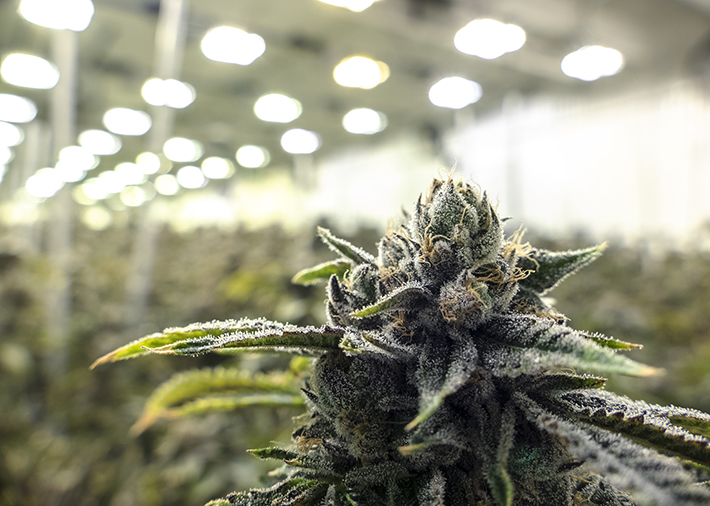
The State of the Cannabis Industry
Society has seen an evolution of laws as they relate to the cannabis plant in recent years, leading to increased acceptance and legalization of cannabis products for medicinal and recreational use.
Human beings have used cannabis since recorded history began. Ancient records indicate its usage as food for animals and humans; as a material in clothing, ropes, and paper; for healing; and as a psychotropic substance for rituals and recreation.
Today, this versatile plant is used in plastics, biofuel, and concrete as well as in the medical industry as an anti-inflammatory agent and as a treatment for chronic pain; several types of epilepsy; muscle spasms; and many other conditions.
As the cannabis industry moves towards greater international acceptance, the reintroduction and emergence of new cannabis and hemp products, along with the reduction of legal prohibitions, have generated an international landscape of varying legal approaches and regulatory requirements. This has created the need for standardization in the industry. That is where ASTM International has stepped in.
READ MORE: Cannabis Certification
ASTM is the premier organization for creating consensus standards for dozens of different industries through procedures, testing, specification requirements, and more. With the formation of the committee on cannabis (D37) in 2017, ASTM has begun to fill the need for standardization in the cannabis/hemp industry. With over 800 members, committee membership consists of subject matter experts from all over the world.
As a regulatory consultant with a background in food safety and working with many clients in the cannabis industry, I have seen the chaos across various organizations that are affected by different jurisdictional requirements. Many of the issues come from the lack of standardization across the industry.
This lack of standardized analytical methodology and proper test methods to support legal and regulatory requirements and assure product integrity makes repeatability from lab to lab problematic. It also creates a lack of consistency from organization to organization, which negatively impacts the consumer and contributes to the chaos in the industry ultimately.
Existing regulatory guidelines, internationally and within the U.S., typically require approaches predicated on Good Manufacturing Practices (GMP). GMP requires robust quality management systems (QMS) to administer the GMP protocols. Standardization of these QMS system elements supports standardized implementation of the regulatory guidelines and subsequently the standardization of the cannabis industry at an international level.
Standardization accelerates consistency and harmonization leading to improved economics, progressive legalization, improved and better funded medical research, and improvements in consumer safety on an international level.
Within ASTM’s cannabis committee, there are ten cannabis/hemp-related technical and administrative subcommittees:
- Indoor and Outdoor Horticulture and Agriculture;
- QMS;
- Laboratory;
- Processing and Handling;
- Security and Transportation;
- Personnel Training, Assessment and Credentialing;
- Industrial Hemp; 8) Cannabis Devices and Appliances
- Executive;
- Terminology.
As of October 2020, the committee has published 16 standards and currently has more than 65 work items in progress.
As standardization efforts continue and more government bodies adopt these standards, it is hoped that the chaos of the past will recede. As standards are approved and used, they provide a basis of support for industrial stakeholders, significantly leveling the playing field relative to jurisdictional and regulatory variation.
ASTM International standards, combined with robust auditing/assessment and consulting systems, allow for outcomes that are far less expensive yet just as thorough. Communicating best practices — including standards — within the industry promotes product safety, and consultants are finetuning engagements by using digital auditing/assessment tools to quickly define conformance issues relative to a given standard’s requirements.
The cannabis industry continues moving toward greater acceptance, and with this acceptance will come a need for greater standardization. Volunteers are needed to participate in ASTM’s cannabis committee and be part of standardizing the cannabis industry.
Cary Black is CEO and principal consultant of CK Black Group and chair of the subcommittee on personnel training, assessment and credentialing (D37.06), part of the committee on cannabis (D37).
 SN Home
SN Home Archive
Archive Advertisers
Advertisers Masthead
Masthead RateCard
RateCard Subscribe
Subscribe Email Editor
Email Editor